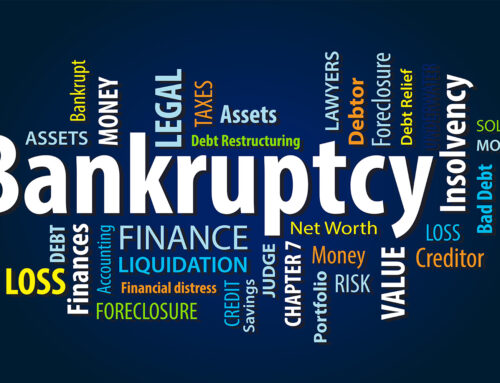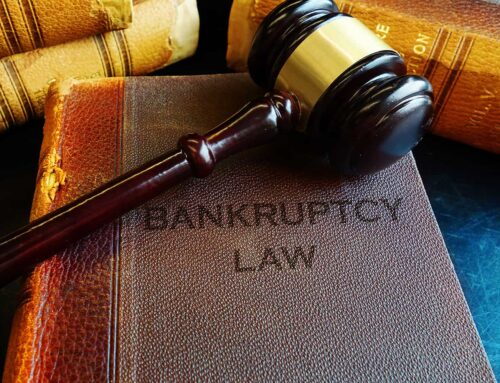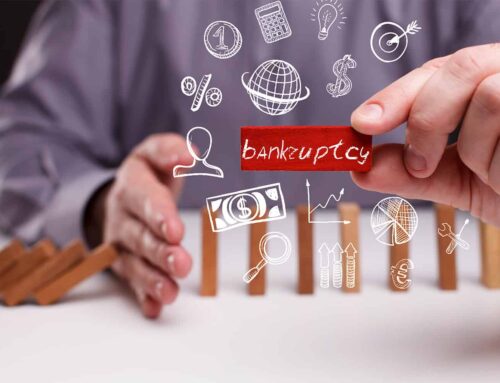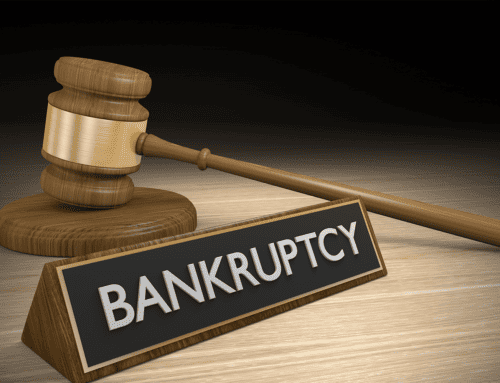As a practicing Bankruptcy attorney who represents primarily debtors many of my clients are either scared that they may lose their home if they file for bankruptcy or they are concerned that they may not be able to purchase a home after filing for bankruptcy. This article is designed to educate and inform anyone who may have similar concerns or questions, may be in need of a financial fresh start and are considering bankruptcy as an option.
How Bankruptcy Impacts the Debtor’s Home?
If you own real estate and are considering bankruptcy the type of bankruptcy you elect to file will be critical as it relates to the determination of whether you will be able to keep your home. Also, if you have equity in your home the amount of equity that exists in the property will be critical as well.
In a Chapter 13 bankruptcy you will be able to keep your home, as well as other property and assets you own, no matter how much equity you have so long as you can afford to pay your creditors an amount that the Court requires you to pay each month. Typically in a Chapter 13 the debtor ends up paying creditors an amount equal to half or less than half the amount of the debt that is owed by the time the Chapter 13 plan is completed.
A Chapter 7 bankruptcy is an altogether different animal in that while you do not have to make payments to your creditors you could lose certain property or assets you own. For most people their primary asset is also their primary residence. If your house is worth less than is owed on it or if there is not too much equity in the house then the debtors will be able to keep their property by exempting the equity as provided by law. However, if there is too much equity in the property (more than the debtor can exempt under the law) then the debtor risks the possibility that the trustee will sell the house to gain access to the unprotected equity so as to pay the debtor’s creditors with the proceeds from the sale.
According to law: In a Chapter 7 bankruptcy, you can only keep real estate if it falls under a state exemption. “The most important exemption is the homestead exemption, which allows you to keep real estate that you occupy, as long as the equity in the home is less than the exemption amount. Somewhat confusingly, California law provides two different sets of exemptions. You can choose one bundle of exemptions or the other, but cannot mix and match the individual exemptions in each bundle. In the first bundle, the homestead exemption is worth $75,000 for a single person, $100,000 for a married couple and $175,000 for elderly or disabled debtors, while in the second bundle the homestead exemption is worth only $25,340. If your home value exceeds the homestead exemption amount, then the bankruptcy trustee will sell your home and give you cash equal to the homestead exemption amount. As a practical matter, there is no protection for real estate that you don’t occupy as your residence.”
If home equity (the difference between the amount owed and the market value) is less than homestead exemption, then Chapter 7 bankruptcy will allow one to keep the home. If the equity is higher than the homestead exemption, the home will be sold and the debtor will be paid an amount that is equal to the homestead exemption.
Can a Debtor Purchase a Home After Filing For Bankruptcy?
I am often asked about how a bankruptcy filing affects the debtor’s chances of qualifying for a loan that will allow him or her to purchase a house. While trying to find a new home for purchase after a foreclosure can be extremely difficult, there is still plenty of hope after a bankruptcy.
Filing Chapter 7 or 13 bankruptcy can block the ability to borrow money or use any credit cards. Credit scores will take a hit and it can take a few years to rebuild the credit back up to a point where mortgages or credit cards are possible. With good preparation and planning, though, purchasing a home is certainly not out of the realm of possibility. Two years after a discharged bankruptcy is the most common length of time that real estate agents will say is the necessary waiting time to apply for a mortgage. This will be when interest rates are made available at a more desirable level, so it’s best to wait that length of time.
To start rebuilding credit scores after bankruptcy, you will have to show that you are able to be trusted now with a loan and your ability to pay back. Secured credit cards are a good start, and you can place a credit limit of your own choosing by issuing a deposit on the card. Another way is by installment loans that you make payments on each month. This can either be a personal loan, car loan or student loan.
Declaring bankruptcy is a big step, but if the proper methods are taken, then keeping your home is a realistic scenario. Always contact a lawyer to find out which method is going to be the best, and which will set you up best for the future.






